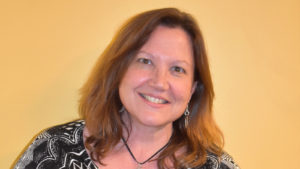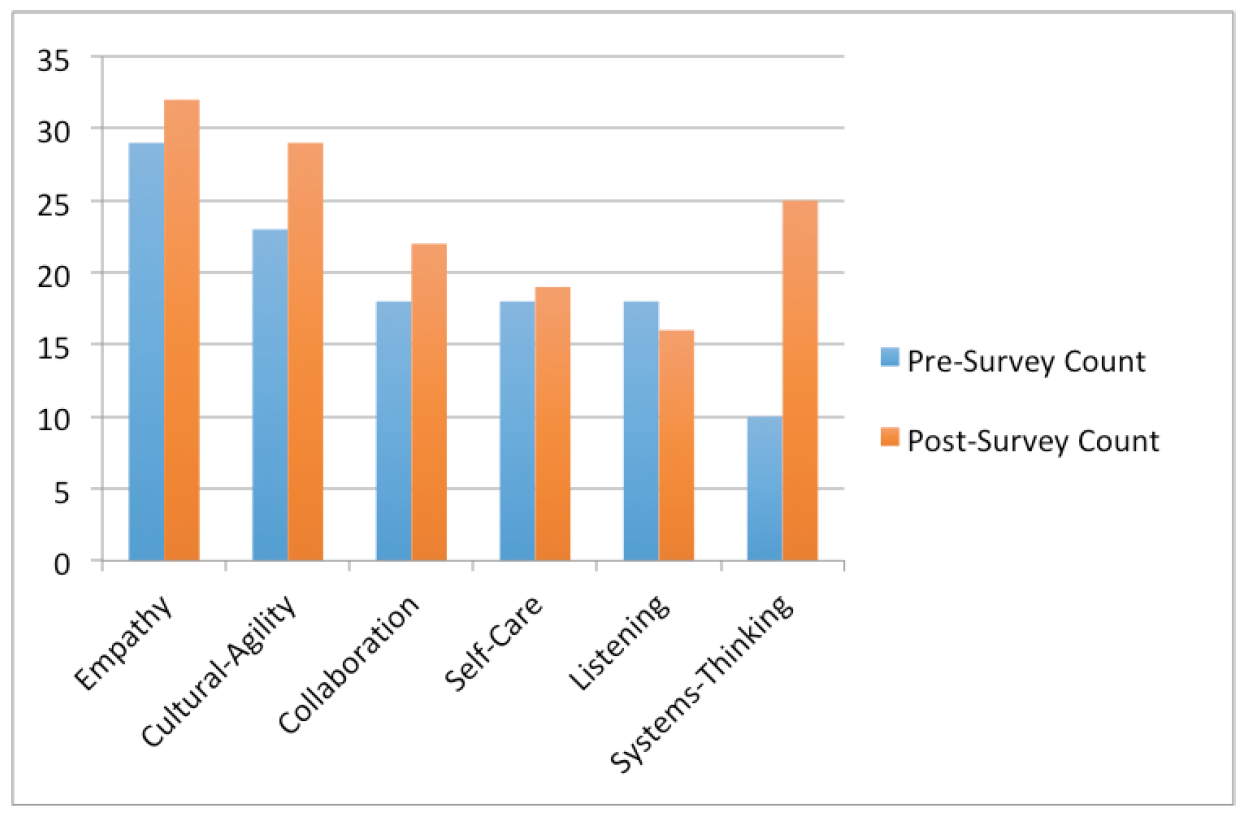 As a social change educator, I want to challenge my students to grapple with the theoretical, practical, and ethical implications of inserting oneself into someone else’s life intending to effect change. Integrating experiential philanthropy into my course makes this dilemma painfully real: students are tasked with choosing which of several worthy nonprofit organizations will receive a $10,000 grant. Who are they, after all, to judge organizations addressing problems they may not have personally experienced? But judge they must, knowing their decision will have real-world consequences. They must steward scarce resources effectively and justly.
As a social change educator, I want to challenge my students to grapple with the theoretical, practical, and ethical implications of inserting oneself into someone else’s life intending to effect change. Integrating experiential philanthropy into my course makes this dilemma painfully real: students are tasked with choosing which of several worthy nonprofit organizations will receive a $10,000 grant. Who are they, after all, to judge organizations addressing problems they may not have personally experienced? But judge they must, knowing their decision will have real-world consequences. They must steward scarce resources effectively and justly.
The students’ transformative experience comes not from studying grant making, but from contemplating the implications of controlling scarce resources in the face of abundant need. Based on anecdotal evidence, I have always believed the process motivates them to cultivate their own humility, empathy, perspective-taking, and cultural agility.
“I have learned how to integrate my research questions into an authentic, improved learning experience for my students in real time.”
I was drawn to the Scholars program, and to the Scholarship of Teaching and Learning, because I am no longer satisfied by anecdotal evidence that in addition to learning course content, my students also engage in self-authorship. Baxter Magolda (2004) describes self-authorship as the capacity to “internally define a coherent belief system and identity that coordinates mutual relations with others.”
I want to know if my students are mindfully stewarding their personal learning journeys. To pursue that inquiry, I have integrated a series of exercises and written reflections into the grant-making experience that provide a window, for myself and for my students, into their developing thinking about the skills and attributes they deem essential to effective, ethical change making within complex systems.
At the beginning of the course I ask my students to list what they think are the 10 most important competencies, skills, and attributes (CSAs) of a social change leader and to rate themselves on a 1-10 scale for each. At the end of the semester, they reassess their list and scores. Comparing the pre- and post-course assessment data revealed a significant change in students’ perception of the importance of systems thinking.
The top 5 items on the initial list were empathy, cultural agility, collaboration, self-care, and listening.

Empathy and cultural agility were still perceived to be most important at the end of the class, but systems thinking jumped up to third place. I was pleased by this indication that students had begun to develop an understanding of the complex and dynamic nature of the environments in which social problems and their potential solutions emerge, a core learning outcome of the course and a defining element of the Social Impact Lab’s ethos. One student reflected, “A good systems thinker is someone who has an open mind to solve problems in an innovative way, and is willing to acknowledge the true complexity of a system’s landscape.”
I was also pleased to discover that many students gave themselves lower scores on their CSAs at the end of the course, typically explaining that they had not gotten worse, but had over-estimated their performance to begin with. I believe these downward adjustments reflect authentic personal reflection that suggests they were thoughtful about the upward scores as well. In the next iteration of the class, I intend to refine the reflection prompts to determine whether students are connecting the changes in their CSAs to specific learning moments and activities within the course, or to their experience of the course as a whole. This will inform my thinking about how to amplify opportunities for personal growth and self-authorship throughout the semester.
The Scholars program has provided a space for me to reflect on my passion, curiosity, and convictions as an educator. I have learned how to integrate my research questions into an authentic, improved learning experience for my students in real time. I can’t imagine going back to teaching without integrating research into my practice as an educator. After this experience, my learning and my students’ will remain intrinsically linked.
Resources:
Baxter Magolda, M. B. (2004). Self-authorship as the common goal of 21st century education. In Baxter Magolda & P. M. King (Eds.), Learning partnerships: Theory and models of practice to educate for self-authorship (p. 8). Sterling, VA: Stylus.
